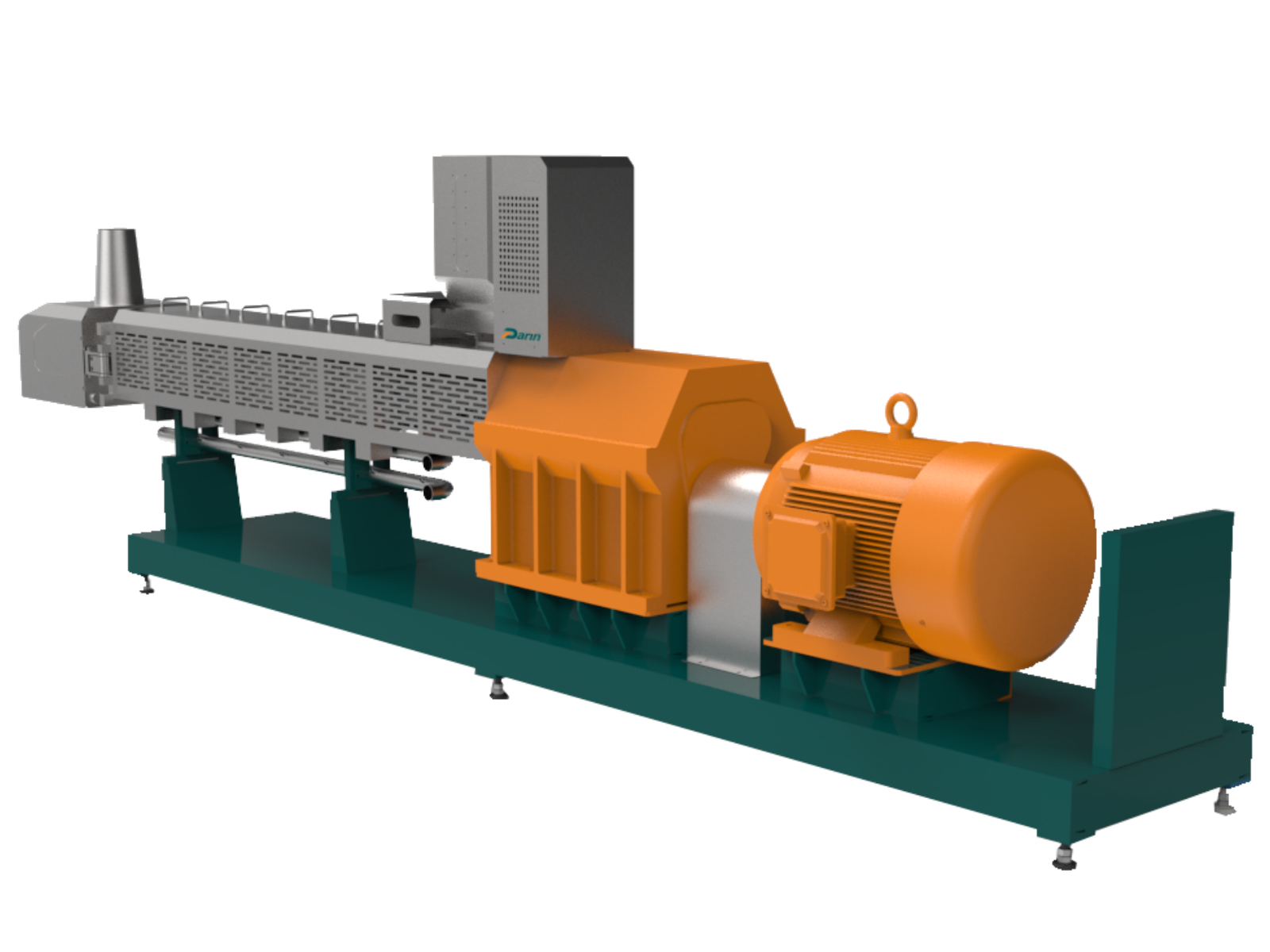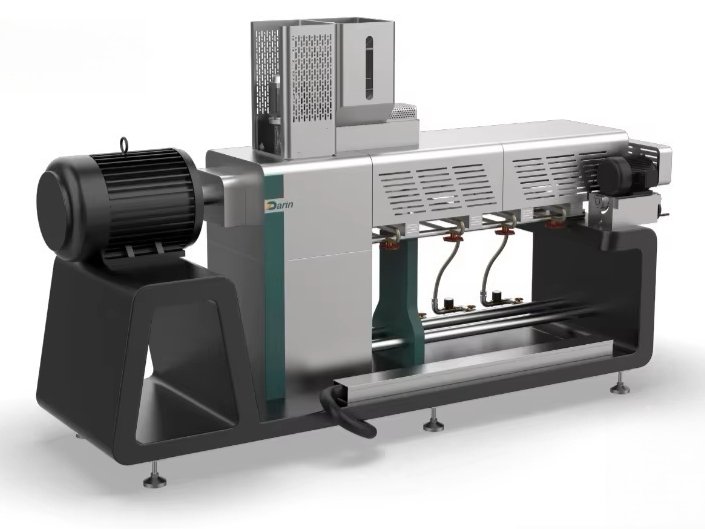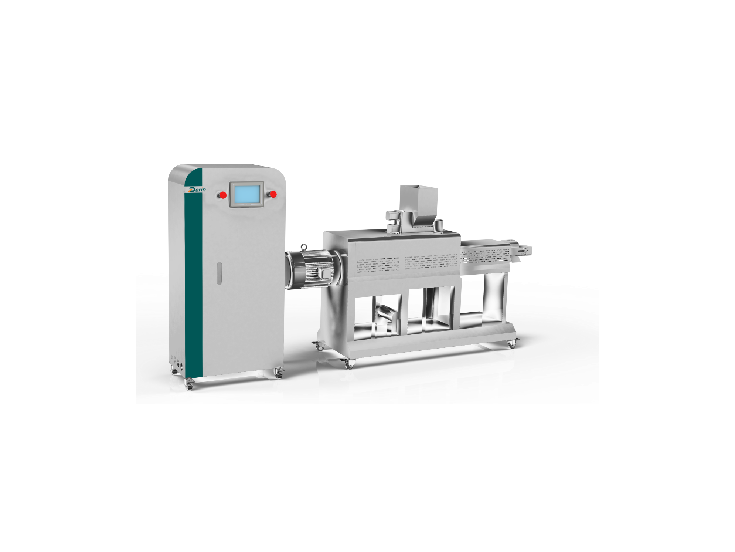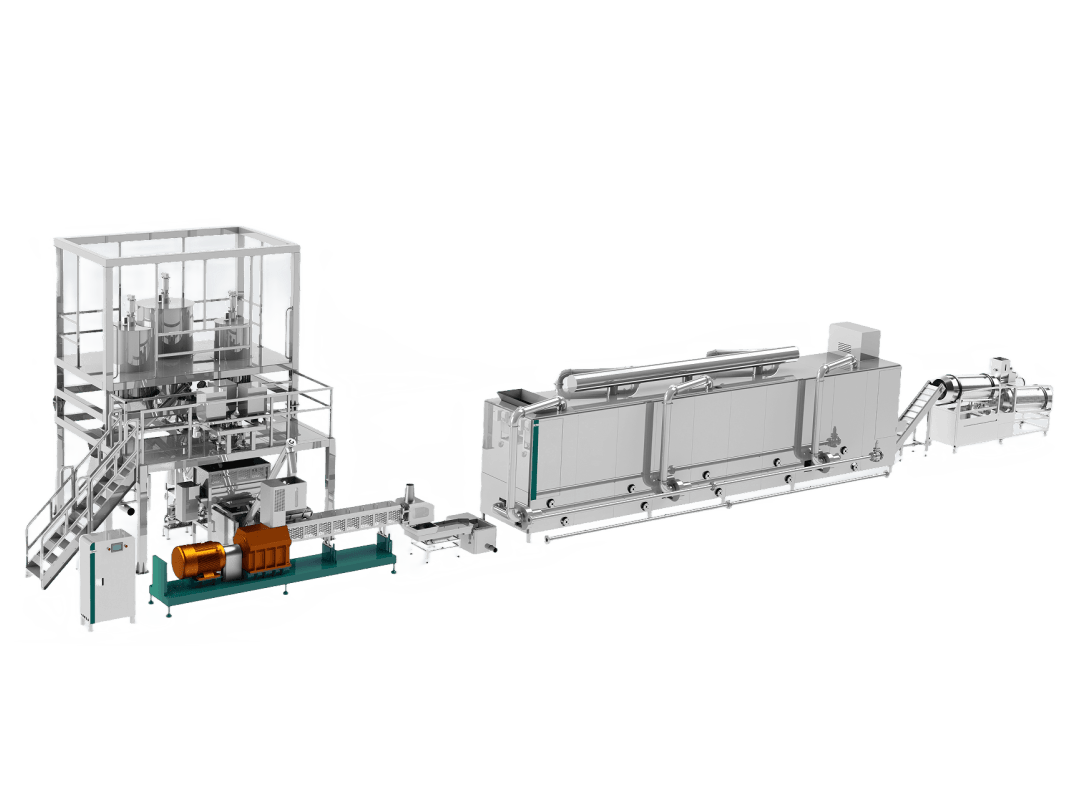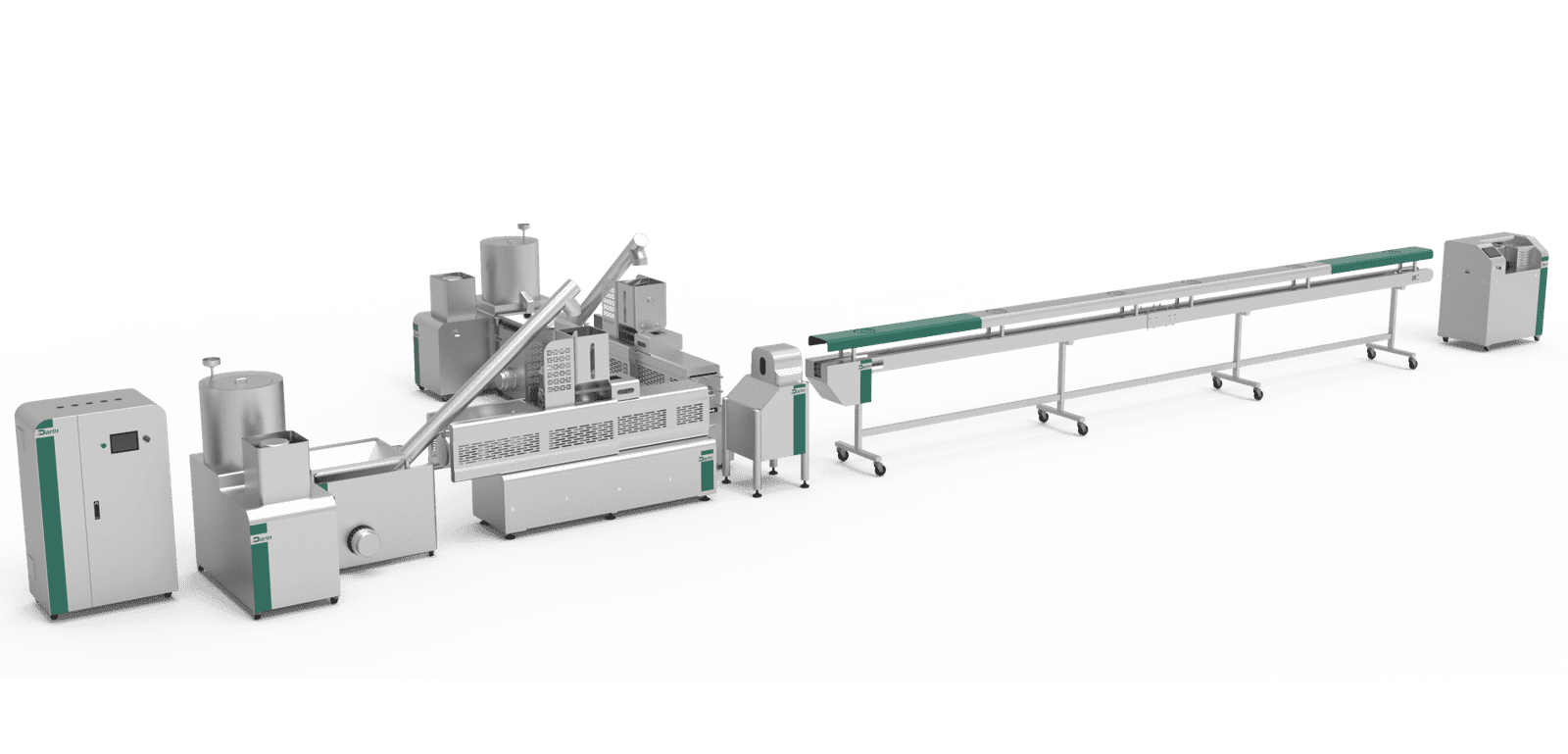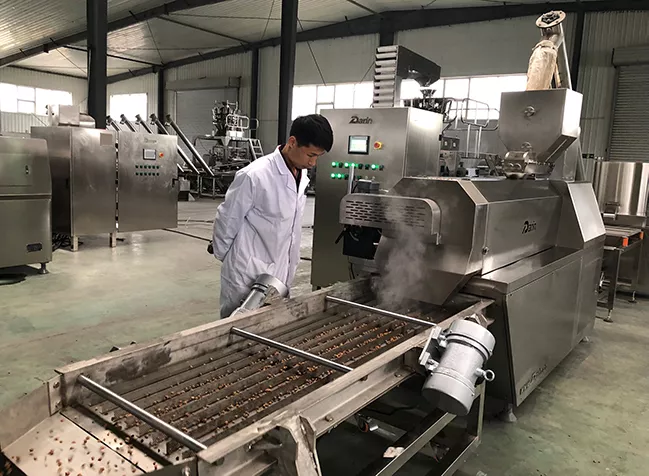
Are you thinking about starting a pet food business but unsure about the initial costs? Starting your own pet food business can be a profitable and rewarding venture, especially with the booming pet industry. However, it's essential to understand the financial commitment involved before jumping in. The cost to start a pet food business depends on various factors such as production scale, product type, regulatory compliance, and marketing strategies. Understanding these costs upfront is crucial to ensure that your business has a solid financial foundation.
Starting a pet food business can cost anywhere between $10,000 and $500,000, depending on the business model, product complexity, and scale. Small businesses focused on homemade or niche pet food products may have lower startup costs, while large-scale operations require significant investments in facilities, equipment, and compliance. In this article, we will break down the costs involved in starting a pet food business and help you determine the best path forward.
1. Initial Startup Costs for a Pet Food Business
Starting a pet food business requires several one-time investments, including business formation, legal fees, and obtaining the necessary equipment and facilities. The initial cost can range from $10,000 for a small-scale operation to $500,000 or more for a large-scale commercial facility. Let’s look at some typical expenses:
| Cost Item | Estimated Cost (Low-End) | Estimated Cost (High-End) |
|---|---|---|
| Business Registration | $500 – $2,000 | $2,000 – $5,000 |
| Legal & Accounting Fees | $1,000 – $5,000 | $5,000 – $10,000 |
| Insurance | $500 – $2,000 annually | $2,000 – $5,000 annually |
| Licenses & Permits | $500 – $2,000 | $2,000 – $10,000 |
| Facility Lease/Setup | $3,000 – $15,000/month | $10,000 – $50,000/month |
For small-scale operations, such as home-based or local production businesses, the startup costs will be at the lower end of the spectrum. However, if you plan to establish a full manufacturing facility with staff, equipment, and commercial scale production, expect a larger budget.
Initial costs for starting a pet food business can range from $10,000 to $500,000.True
Startup costs depend largely on your scale of operation, facility setup, legal requirements, and licensing needs.
2. How Much Does Equipment and Facility Setup Cost?
Setting up the production facility is one of the largest expenses when starting a pet food business. The type of equipment you need depends on the nature of your products. Here’s a breakdown of typical equipment and facility costs:
Basic Equipment for Small-Scale Operations:
- Mixers and Blenders: $500 – $5,000
- Ovens and Dehydrators: $1,000 – $10,000
- Packaging Machines: $1,500 – $7,000
- Food Processing Equipment: $5,000 – $20,000
- Storage and Inventory Systems: $500 – $5,000
Costs for Large-Scale Operations:
- Industrial Mixers and Blenders: $15,000 – $50,000
- Production Line Setup: $50,000 – $250,000
- Packaging and Labeling Automation: $20,000 – $100,000
- Warehouse & Storage: $20,000 – $100,000
If you are considering a small-scale, homemade dog food business, you can typically operate with minimal equipment and produce food in small batches, keeping costs lower. However, for larger-scale businesses that require automated production and higher throughput, the cost can escalate significantly.
3. How Much Will Regulatory Compliance Cost?
The pet food industry is heavily regulated to ensure safety, quality, and nutritional standards. Compliance with various authorities such as the FDA, AAFCO, and local state agencies will require significant investment in testing, labeling, and documentation.
Key Regulatory Costs:
- AAFCO Compliance & Nutritional Analysis: $1,000 – $10,000
- FDA Registration: $200 – $1,000
- Lab Testing for Quality Control: $500 – $5,000 per batch
- Labeling & Packaging Compliance: $500 – $3,000
Smaller operations may face fewer regulatory hurdles if they’re producing pet food on a smaller scale or only locally, but larger businesses that aim for national distribution will have to meet stricter federal regulations, which will increase costs.
Regulatory compliance and testing can cost anywhere from $1,000 to $10,000 annually.True
Complying with AAFCO standards and conducting lab tests is essential for ensuring your products are safe and legally marketable.
4. What Are the Costs of Ingredient Sourcing?
The cost of ingredients will vary based on the quality and quantity of raw materials you purchase. High-quality ingredients, such as organic meats, grains, and vegetables, will increase your production costs but can help position your brand as a premium product.
Cost Breakdown for Ingredients:
| Ingredient Type | Cost per Pound (Low-End) | Cost per Pound (High-End) |
|---|---|---|
| Chicken, Beef, or Fish | $2 – $4 | $5 – $10 |
| Vegetables & Grains | $0.50 – $2 | $3 – $6 |
| Vitamins and Supplements | $1 – $3 | $5 – $10 |
| Packaging (per unit) | $0.50 – $2 | $1 – $5 |
For small-batch, homemade pet food, you may source ingredients from local suppliers or wholesale distributors. In contrast, larger companies will need to establish contracts with bulk ingredient suppliers, which can help reduce costs over time but will still require significant upfront investment.
5. How Much Should You Budget for Packaging and Labeling?
Packaging is not just about presentation—it’s a vital component of compliance and customer trust. Costs for packaging can vary depending on the type of materials used, the complexity of the packaging design, and how many units you plan to produce.
Packaging Costs:
- Simple Plastic Bags: $0.50 – $1.00 per unit
- Eco-Friendly Packaging: $1.00 – $3.00 per unit
- Custom Packaging & Labels: $1.50 – $5.00 per unit
If you plan to sell premium dog food, you will likely want to invest in higher-end, eco-friendly packaging, which will cost more but can help attract eco-conscious consumers. Additionally, compliance with labeling regulations will add to the cost, especially if you need to have professional labeling services or print in multiple languages.
6. Marketing and Advertising Budget for Pet Food Businesses
Marketing is essential to attract customers to your new pet food brand. How much you invest in marketing depends on whether you are targeting local customers or a national audience. A strong digital marketing strategy and partnerships with pet influencers can help you build brand awareness.
Typical Marketing Costs:
- Website Development: $500 – $5,000
- Social Media Advertising: $500 – $5,000 per month
- Influencer Marketing: $1,000 – $10,000 per campaign
- Branding & Design: $1,000 – $5,000
Smaller pet food brands can often rely on organic marketing (social media, word of mouth, etc.) to reduce costs, while larger businesses need more extensive digital and
offline campaigns.
7. Ongoing Operational Costs and Overhead
Once your pet food business is up and running, you will incur ongoing operational expenses, which are crucial for long-term sustainability. These costs include staff salaries, utilities, facility rent, and inventory management.
Ongoing Costs:
- Rent & Utilities: $1,000 – $10,000 per month
- Employee Salaries: $2,000 – $8,000 per employee (monthly)
- Inventory Management & Logistics: $1,000 – $5,000 per month
8. How to Minimize Costs While Ensuring Quality
While you want to ensure quality products, it’s crucial to balance this with cost efficiency. Negotiate with suppliers, use bulk purchasing, and optimize production lines to reduce operational expenses. Additionally, focusing on specific niche markets can help minimize advertising and inventory costs.
Can You Afford to Start a Pet Food Business?
Starting a pet food business is an exciting and profitable venture, but it’s essential to understand the costs involved. Depending on your scale of operations, initial investments can range from $10,000 to $500,000 or more. Carefully managing ingredient costs, regulatory compliance, facility setup, and marketing efforts will help you stay within your budget and set up for success.
Call to Action
Are you ready to start your pet food business? Contact us today to receive expert guidance and support on how to launch and scale your venture successfully.
External Footnotes & Recommended Explanation Text
- Explore how to source pet food ingredients at the best prices
- Learn more about pet food regulations and how to stay compliant
- Read about packaging trends in the pet food industry
- Discover how to optimize production costs in your pet food business
- Find out the latest trends in pet food marketing
- What you need to know about setting up a pet food production facility
- Learn how digital marketing can boost your pet food business
- Check out ways to lower ingredient costs for pet food
- Discover the best packaging solutions for premium pet food
- Understand the cost of selling pet food online


